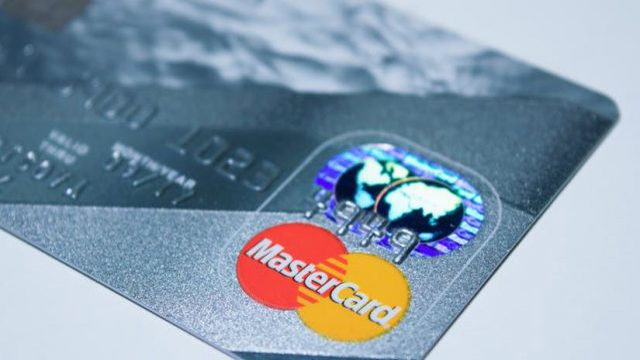Advertiser Disclosure
How to Buy a Car
Updated On November 1, 2021
Editorial Note: This content is based solely on the author's opinions and is not provided, approved, endorsed or reviewed by any financial institution or partner.

How To Buy A Car: The Basics
When it comes to how to buy a car – whether you buy cars online or buy cars at a car dealership, there are certain strategies to follow. The process of buying a car can be easy if you follow these key steps.
- Choose a budget. The top thing of what you know when buying a car is your budget. When buying a new car, determine how much you want to spend on your car.
- Financing. The best way to buy a car often can be with a car loan. Figure out the size of your car loan and what the monthly payments will be. You can compare the best auto loans directly on Mentor.
- Research cars. Determine if the car you want meets your needs and preferences. Check fuel efficiency, safety and other important features that are important to you in your process of buying a car.
- Test drive cars. As you narrow your search, you can test drive cars at dealerships. One of the best ways to buy a car is to speak with a dealership to answer your questions when you test drive the car.
- Choose a car. Once you have test-driven several cars, select the car, make and model that works best for your needs.
- Online Comparison Shop. Check available cars online and find inventory. Research the cost of your car and how much other people paid for the same or similar model.
- Dealership Comparison Shop. In addition to researching to buy cars online, you should check with dealerships to get price quotes.
- Trade-in value. If you have a car, one smart strategy of buying a car in trading in your old car. Determine the highest value you can get when you trade in your old car.
- Sign, Sealed, Delivered. Congratulations. It’s time to review the contract, and sign.
Top Picks For Student Loan Refinancing
April 2024
View Details
Overview
Details
View Details
Overview
Details
View Details
Overview
Details
View Details
Overview
Details
View Details
Overview
Details
View Details
Overview
Details
View Details
Overview
Details
View Details
Overview
Details
Disclosures: SoFi | Earnest | NaviRefi | ELFI | Splash Financial | Citizens | Laurel Road | LendKey
What is the best way to buy a car?
If you want to know the best way to buy a car, the process of buying a car is so much easier when you do your homework. When people ask “what do I need to buy a car,” the best resources to buy a car include Kelley Blue Book, Edmunds, Consumer Reports and AutoTrader. If your goal is buying a new car, then research the “invoice price” of the new car, rather than manufacturer’s suggested retail price (MSRP). The invoice price is the price the dealership paid to the manufacturer, which will help you understand the dealer’s true cost. If your goal is buying a used car, you should understand what other people paid for the same or similar car. Understand the trade-in value of your current car that you can use as a credit against buying a new car.
You can use services such as CarsDirect and TrueCar to buy cars online.
What expert advice should I know when buying a new car?
The process of how to buy a car doesn’t have to complex. Here are insider tips of how to buy a car, whether you want to buy cars online or through a dealership:
- Do your research. The secret of how to buy a new car is to empower yourself with knowledge regarding the car price and invoice price, in particular.
- Rent the car you want. It’s an easy way to determine if it is the right car for you.
- Visit the dealer after hours. The best time to see your favorite cars may be after hours when there are no salespeople around to “sell” you.
- Avoid optional packages. A dealership may try to tack on additional fees and packages at the last minute. If you don’t need these extra packages, feel free to pass.
- Negotiate. The process of buying a car is one big negotiation. This is one of the number one things of what to know when buying a car. Be prepared for a long negotiation and comparison shop to get the best price.
- Understand the full price. The price of a new car is not only the car price. Understand the total price, including all fees and taxes so you know how much it truly costs when buying a new car or buying a used car. Also understand the maintenance and repair costs for your car once your warranty expires.
What documents do you need when buying a new car?
When buying a new car, you likely will need at least the following documents:
- Driver’s license
- Proof of insurance
- Proof of income
- Proof of residence
- Contact information (address and phone number)
What fees are there when buying a car?
The process of buying a car will include a contract that may have additional prices beyond the price of the car. Here are some fees to be aware of when buying a new car:
- Sales Tax. The state where you purchase the car may charge state sales tax.
- Registration Fees. Whether you register the car yourself or the dealer registers the car for you, there will be registration fees.
- Documentation Fees. Documentation fees are charged by a dealership to complete the contract and any other paperwork.
Fees may be negotiable so don’t feel like you cannot negotiate fees, particularly if any of the fees do not look standard to you.










